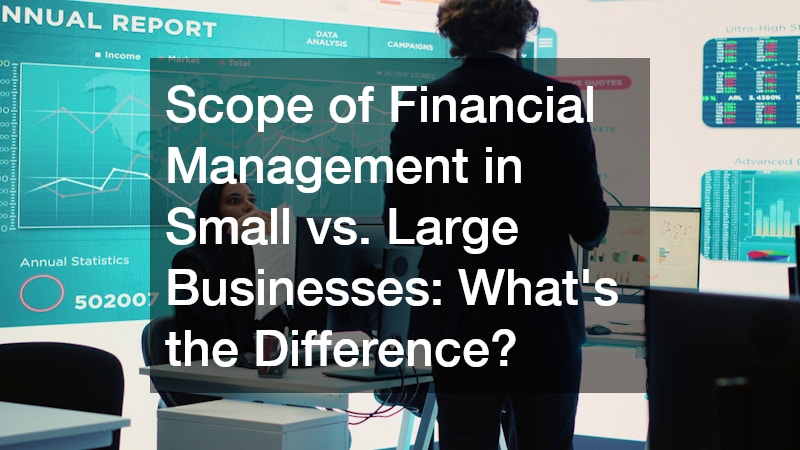The rental market is booming, with rates reaching all-time highs in some parts of the country. This surge in demand means that now is a great time to become a landlord. But before you jump into the world of renting out a property, it’s essential to understand the responsibilities that come with being a landlord. Here’s what you need to know.
Finding the right property to make an investment
If you want to become a landlord, the first step is to find an investment property. It will be a home you purchase and intend to rent to tenants. And like most investments, there are certain things you’ll want to look for in a property.
There is a lot of affordable real estate for sale, but not all of them will be good for renters. You’ll need to find a place that’s in a good location and affordable for your target market. In general, you’ll want to avoid properties that need a lot of repairs. Not only will this be expensive upfront, but it could also lead to more maintenance issues down the road.
Once you’ve found a few potential investment properties, it’s time to start doing your research. Be sure to look into the local market conditions and rental rates. This way, you’ll have a better idea of how much you can charge for rent and what kind of return on investment you can expect.
Making your investment property habitable for tenants
The next step is to get your investment property ready for tenants. This part usually involves making essential repairs and improvements, such as painting, minor renovations, and deep cleaning. If any major repairs are needed, you’ll want to take care of those before listing the property for rent.
Once your property is in good condition, it’s time to consider furnishings. Suppose you’re planning on renting out a furnished unit. In that case, you’ll need to purchase appropriate furniture and decor for the space. Keep in mind that you’ll want to choose pieces that are durable and easy to clean.
You can find furniture for rental units at various stores, including online retailers and thrift shops. Just be sure to shop around to get the best deals.
Ensuring your property meets safety requirements
Of course, making your investment property habitable also means it meets all local safety requirements. That includes things like having working smoke detectors and carbon monoxide detectors, as well as ensuring the property is up to code. You’ll also want to create a fire escape plan and post it in a prominent place near the front door or the kitchen. This way, your tenants will know what to do in case of a fire.
Some landlords seek approval from their local fire department to get a certificate of occupancy. While this isn’t always required, it can give you peace of mind knowing that your property is up to code and meet all safety requirements.
Screening potential tenants
Your rental business will only be as successful as the tenants you choose to rent to. That’s why taking your time when screening potential candidates are essential. Be sure to run credit and criminal background checks on each applicant. You can usually get this information from a tenant screening service.

You’ll also want a personal reference check by calling the applicant’s previous landlord. It is a great way to get insight into their rental history and see if they would be a good fit for your property. In doing so, you can avoid problem tenants and ensure your investment property is in good hands.
Drawing up a lease agreement
The next step in becoming a landlord is creating a lease agreement. This document will outline the rental terms, including the amount of rent, when it’s due, and how long the lease will be. It’s essential to be clear and concise when drafting a lease agreement to avoid any misunderstanding down the road.
You’ll also want to include what is and isn’t allowed on the property. For example, you may wish to prohibit pets or smoking. In doing so, you’ll be on the right track to protecting your investment property.
It would help if you had it notarized to ensure your lease agreement is legally binding. Once that’s done, you and your tenant must sign the contract. Keep a copy for your records if you need to refer to it later.
Becoming a landlord can be a lucrative business venture, but learning the basics is essential. The above are only a few key steps you’ll need to take when getting started. There are many other things to keep in mind, which you’ll learn later on. But if you’re prepared and willing to do the work, you’ll be well to becoming a successful landlord.





